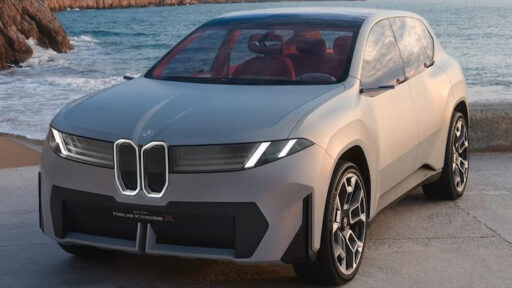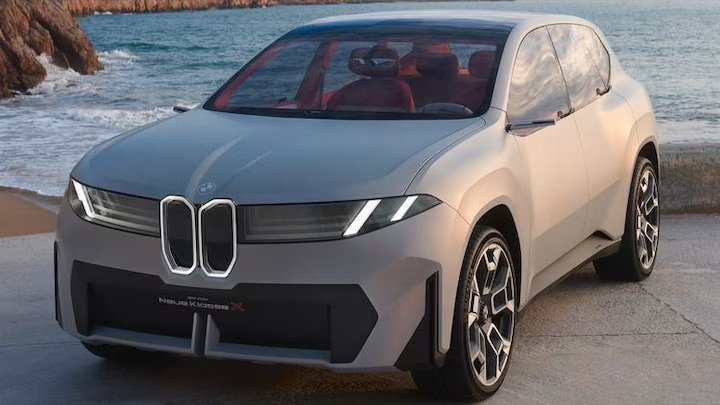The need for personal mobility is timeless, and so is the tendency to judge others based on their choice of transportation. Recently, however, these choices have become a significant political issue, with the rise of anti-EV sentiment largely emerging from conservative-leaning social media communities and making its way into the mainstream. Notably, the Republican Party has incorporated opposition to EV mandates and support for gas-powered vehicles into its platform. There’s a widespread misconception that EVs are failing, unwanted, or even more harmful to the environment than traditional internal combustion vehicles.
It’s important to acknowledge that EVs are not without their issues, and some battery-powered models have been more successful than others. However, the facts remain clear: EVs are demonstrably better for the environment, and their sales are increasing across the board. The Tesla Model Y, the most popular SUV in America, and another electric car among the top three best-sellers should be enough to counter the skeptics, but the opposition persists. As we approach what promises to be a highly contentious election season, this disconnect is likely to intensify.
READ MORE: Hyundai Wins Multiple 2024 Red Dot Awards for Innovative Designs
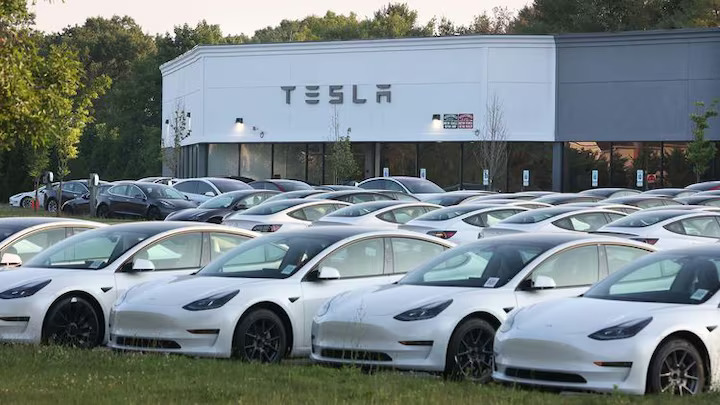
Despite the promise of commercial success, reduced emissions, and genuine energy independence, the future of EVs is becoming more challenging. Even as consumer interest continues to rise and technological advancements make future options more appealing, the next generation of EVs will enter an increasingly hostile market. To succeed, they must improve significantly.
From the onset, EVs have carried a higher price tag, often mitigated by federal or state incentives designed to support a transition to emissions-free driving. Manufacturers have also introduced creative savings calculators; Tesla, for example, highlights the cost savings of charging at home versus fueling up at a gas station. However, potential EV buyers will need to be even more creative with their calculations as federal incentives become harder to obtain and potentially disappear entirely, as seen recently in Germany. Additionally, the cost of owning an EV is rising, with about half of all states imposing additional road use fees, like the $200 fee in Texas and potential new fees in California.
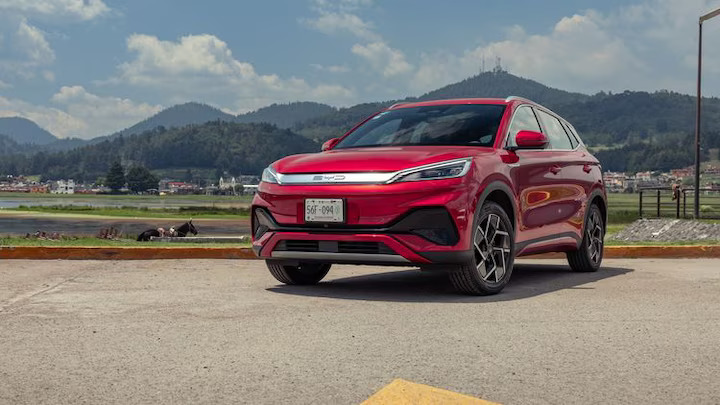
Federal initiatives like NEVI, intended to expand charging infrastructure, have faced challenges, with only ten chargers built under the program despite billions allocated. Depending on election outcomes, such programs could be at risk. Historically, consumers have been reluctant to pay extra for EVs, and that sentiment isn’t changing. For future EVs to thrive, they must achieve price parity with comparable gasoline-powered cars or offer exceptional features that justify any additional cost.
There’s a common belief among automotive insiders that long-range EVs are a temporary necessity, a comfort for new EV owners that the market will eventually outgrow. While this may prove true, it won’t happen soon. Although the U.S. charging infrastructure is improving, new EV buyers will still require substantial reassurance. Smaller batteries may be cheaper and more efficient, but to succeed, EVs must eliminate range anxiety in a still-developing charging landscape.
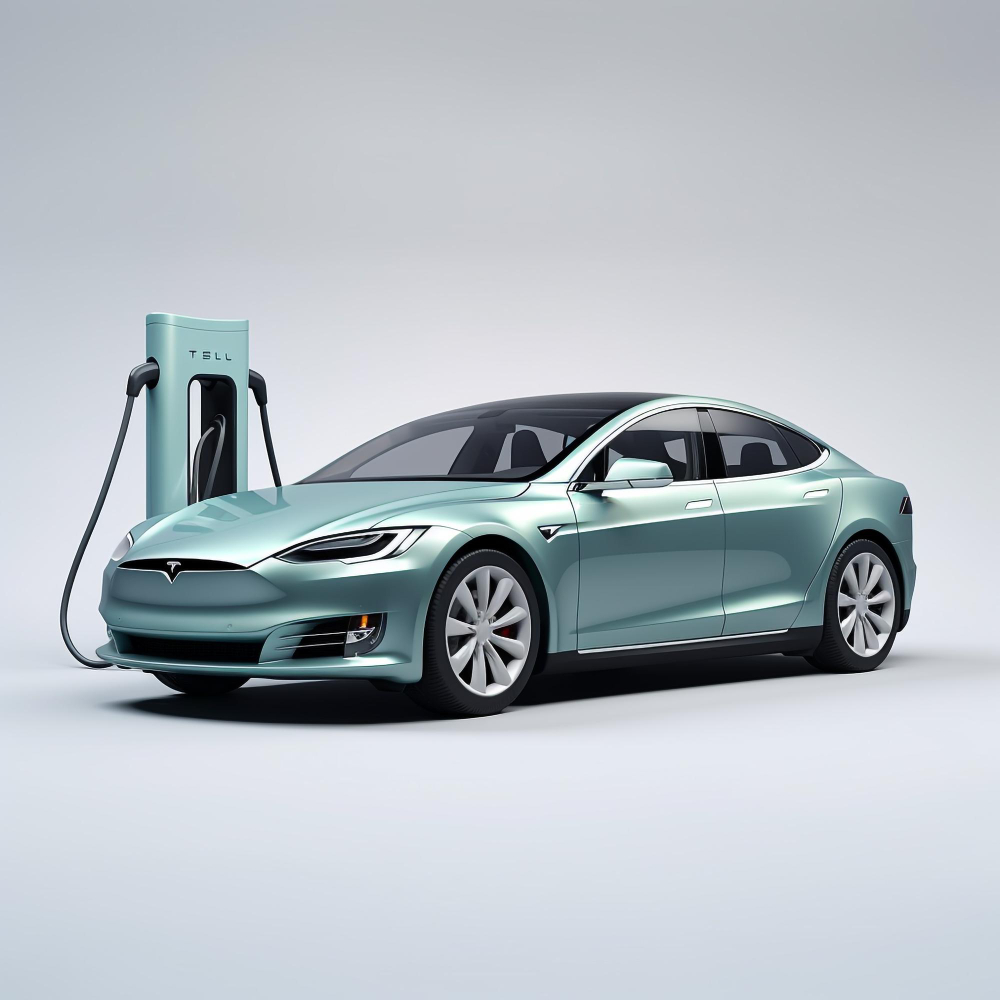
When it comes to performance, the emphasis on speed is becoming less relevant. While impressive acceleration and quick quarter-mile times are notable, they no longer captivate the market. Instead, the next wave of driver-focused EVs should prioritize fun and engaging features over raw speed. Hyundai’s Ioniq 5 N, with its array of entertaining features, exemplifies this shift, appealing to enthusiasts with more than just performance metrics.
The ongoing trade tensions with China add another layer of complexity. The economic conflict could have significant repercussions, affecting manufacturers like BYD and Zeekr, which have disrupted international markets with affordable and innovative models. U.S. manufacturers argue that Chinese subsidies create unfair competition, but the global business landscape has never been entirely fair. Regardless of protectionist measures, international manufacturers will find ways to enter the market, and U.S. manufacturers must be prepared to compete.
Some of the most exciting EVs on the market leverage their unique platforms to offer features impossible with traditional vehicles. For instance, the Rivian R1T’s snowboard passthrough, the Ford F-150 Lightning’s frunk, and the Mercedes-Benz G580’s G-Steering tech demonstrate the innovative potential of EVs. Future EVs should continue to exploit these advantages, redefining market expectations and providing compelling reasons for consumers to choose electric.
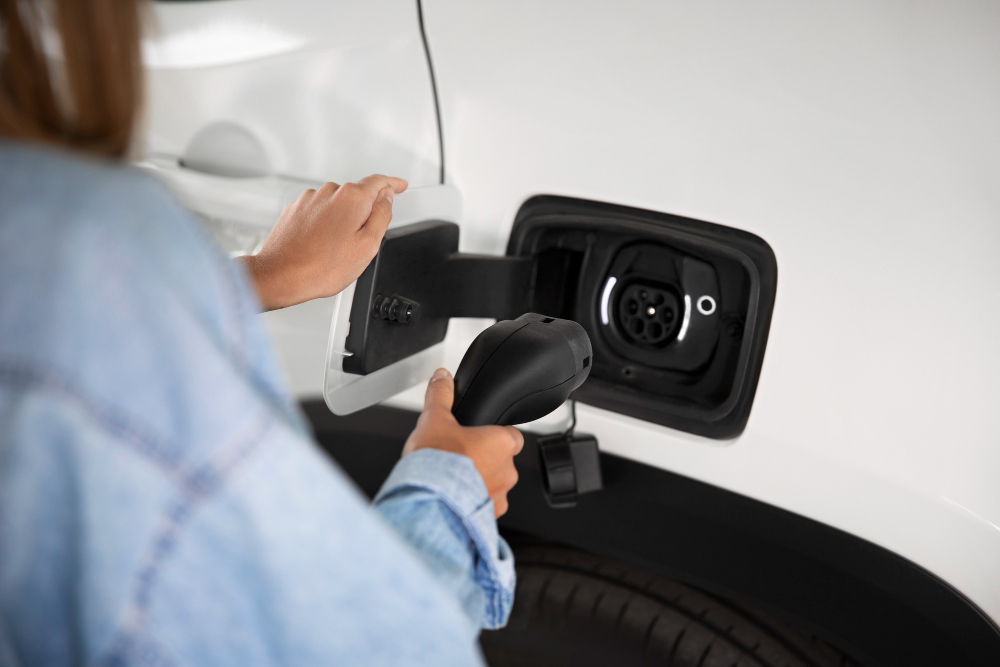
The EV revolution is here to stay. While EVs are not perfect, they offer a superior driving and ownership experience compared to internal combustion vehicles. The U.S. market still needs convincing, and lackluster offerings from uncommitted manufacturers won’t suffice. Mediocre, low-range, and overpriced EVs not only struggle to succeed but also hinder the broader adoption of electric vehicles.
Manufacturers must recognize the rising threshold for success in the EV market and strive to meet it. This awareness should be seen as a commitment to improvement rather than a lack of confidence in the EV sector. The evolving landscape promises exciting advancements, and the next generation of EVs must rise to the challenge to thrive.
READ MORE: BMW 2 Series Coupé: Enhanced Design, Premium Features, and Advanced Digitalization
Subscribe today for the freshest car news delivered to your inbox
